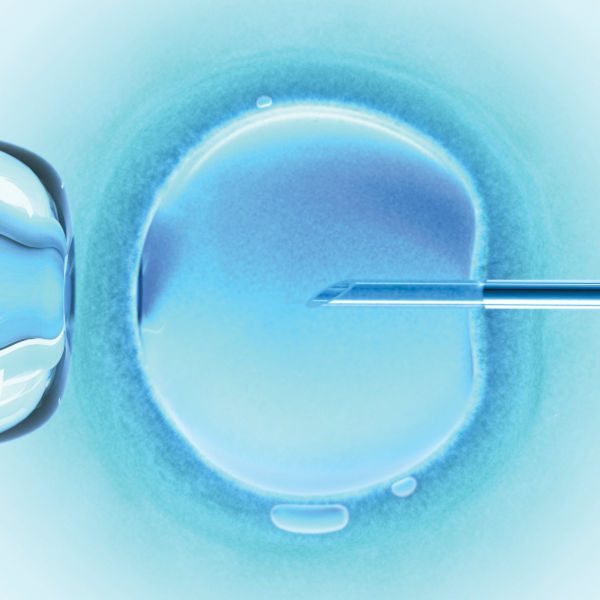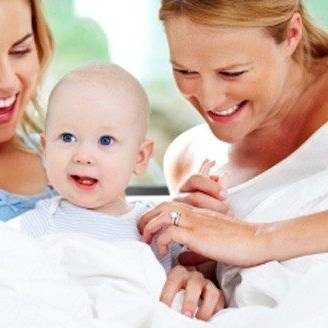 I always wanted a family. When I met my partner several years ago, already in my 30’s, I knew that we would have to broach the subject at some point.
I always wanted a family. When I met my partner several years ago, already in my 30’s, I knew that we would have to broach the subject at some point.
“I’d love to have kids someday,” I added casually over a chai latte one morning, as we basked in the bliss of our strengthening relationship. My partner took small bites of her corn fritter while I waited for a response. She cast me a look that made me feel adored and said, “Let’s look into it.”
That was my signal to begin a swathe of research. As usual, ‘my research’, was actually my partner’s excel spreadsheet comparing options, fertility clinics, methods, success rates and costs. It was important to us that any clinic we chose would be open to working with same-sex couples. In such a delicate process we didn’t want to be subjected to judgement from clinics or practitioners who were not on our team.
Once we had chosen a clinic and attended our compulsory counselling session, we embarked on a number of tests designed to find out if there were any fertility issues or health concerns that would hinder the outcome of assisted conception.
Of course, we couldn’t proceed without choosing a donor. We decided to use an unknown donor (facilitated by the clinic). We busily surveyed files of possible candidates, eventually settling on one that we thought was perfect.
It was then time to decide on a course forward – IUI or IVF.
IUI, or intrauterine insemination, is a form of assisted conception that’s all about getting the right things in the right place at the right time. It’s a less invasive process and a great start for couples like us. After a few unsuccessful rounds, we switched to in vitro fertilisation (IVF). With IVF the eggs are collected and combined with sperm outside the body. Once fertilised the resulting embryo is then placed in the uterus in the hope that a successful pregnancy will follow. For me, this was really where the expertise of the embryologist and the magic of science played their part.
Our journey has not been without its challenges. There was poking and jabbing as my cycle was tracked, injections to induce ovulation (and produce more eggs than the sole egg in a normal cycle), hormonal fluctuations and of course the disappointment of each negative pregnancy test result.
Sadly, there’s also the possibility of miscarriage, which, although not a taboo subject, is not discussed nearly enough by women who have felt its grief. However, from loss, comes new beginnings and the resolve to try again, when the time is right. A professional and caring team of nurses and practitioners, and a sense of resilience, are key in overcoming any barriers one faces on a journey to motherhood.
One morning, two weeks after a frozen embryo transfer, my partner and I stared at each other in the bathroom, waiting for a dip-test result. “Is that a line? I think it’s a line – a faint line!” For several days afterwards we performed the same test, and the line got darker and darker as each day passed. With a positive pregnancy signalling good fortune, we celebrated the first step on a journey we knew could change our lives.
Our little bundle is expected to arrive in a couple of months. We couldn’t be happier. Although late nights with friends will soon be replaced by sleepless nights, late-night feeds and a chaotic house, we’re more than happy to switch the bars for the bassinet, the sporty two-door for a family wagon, and expand our little world to three.
Tips if you are considering same-sex IVF
- The benefits of using a fertility clinic over self-insemination include lower risk of infection from the donation, compulsory counselling for all parties and security of access, identification and records.
- It is possible for you both to use the same donor if you wish, however NSW legislation defines each woman as a separate family which means you’ll require two of the donor’s available allocations.
- The form of fertility treatment that is best will be unique to your situation depending on many factors including your own fertility and the quality of the donor sperm.
- Some couples choose to ‘egg share’ where the eggs of one partner are used in an IVF cycle to create embryos that are then transferred into the other partner.
- Medicare will only provide a rebate for fertility treatment if there is a medical problem present. Consult your fertility specialist to understand if you are eligible.




